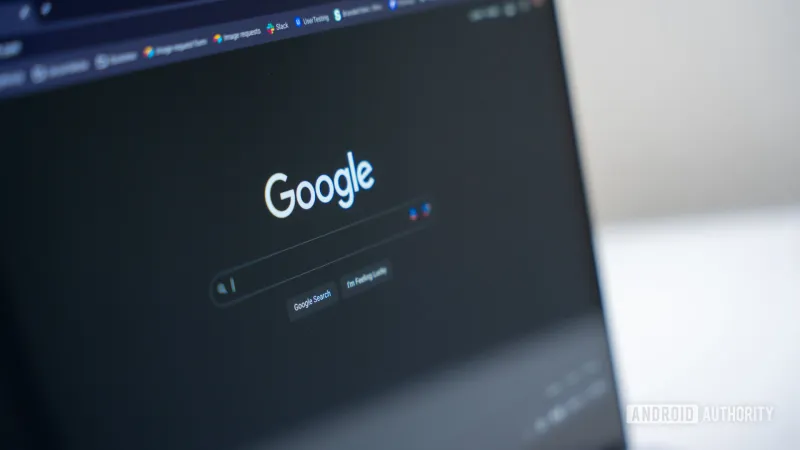
I switched from Google to ChatGPT Search to see if the grass is really greener
Short summary:
I wanted to see if AI could really compete with Google, so I tried ChatGPT Search to check if it could replace my usual search engine. While AI search has promise, it still struggles with getting the latest information and providing complete results.
ChatGPT Search, OpenAI’s AI-powered search tool, offers a compelling alternative to traditional search engines but falls short of replacing Google in its current form. By combining natural language understanding with up-to-date information from sources like Bing, ChatGPT delivers quick answers and detailed explanations, especially for topics requiring depth or context. However, it struggles with real-time updates and related search suggestions, making Google’s accuracy and speed preferable for dynamic queries like currency exchange rates or weather.
In specific use cases, ChatGPT shines. It excelled in providing concise answers about software updates and tax regulations, often pulling authoritative sources and offering follow-up context. However, it faltered with outdated information when tasked with consumer decisions like finding the cheapest eSIM plan, emphasizing the need for user verification. Google, meanwhile, maintains its edge with comprehensive results, often supplemented by AI Overviews, but its ad-heavy interface can hinder the experience.
ChatGPT Search shows promise as a secondary tool for information retrieval but requires a $20 monthly subscription, limiting accessibility compared to free alternatives like Google or Perplexity. While useful for in-depth queries or explanations, its limitations in real-time accuracy and user-friendly navigation highlight that it’s not yet a full-fledged search engine replacement. For now, ChatGPT Search is best viewed as a complementary resource rather than a primary search tool.